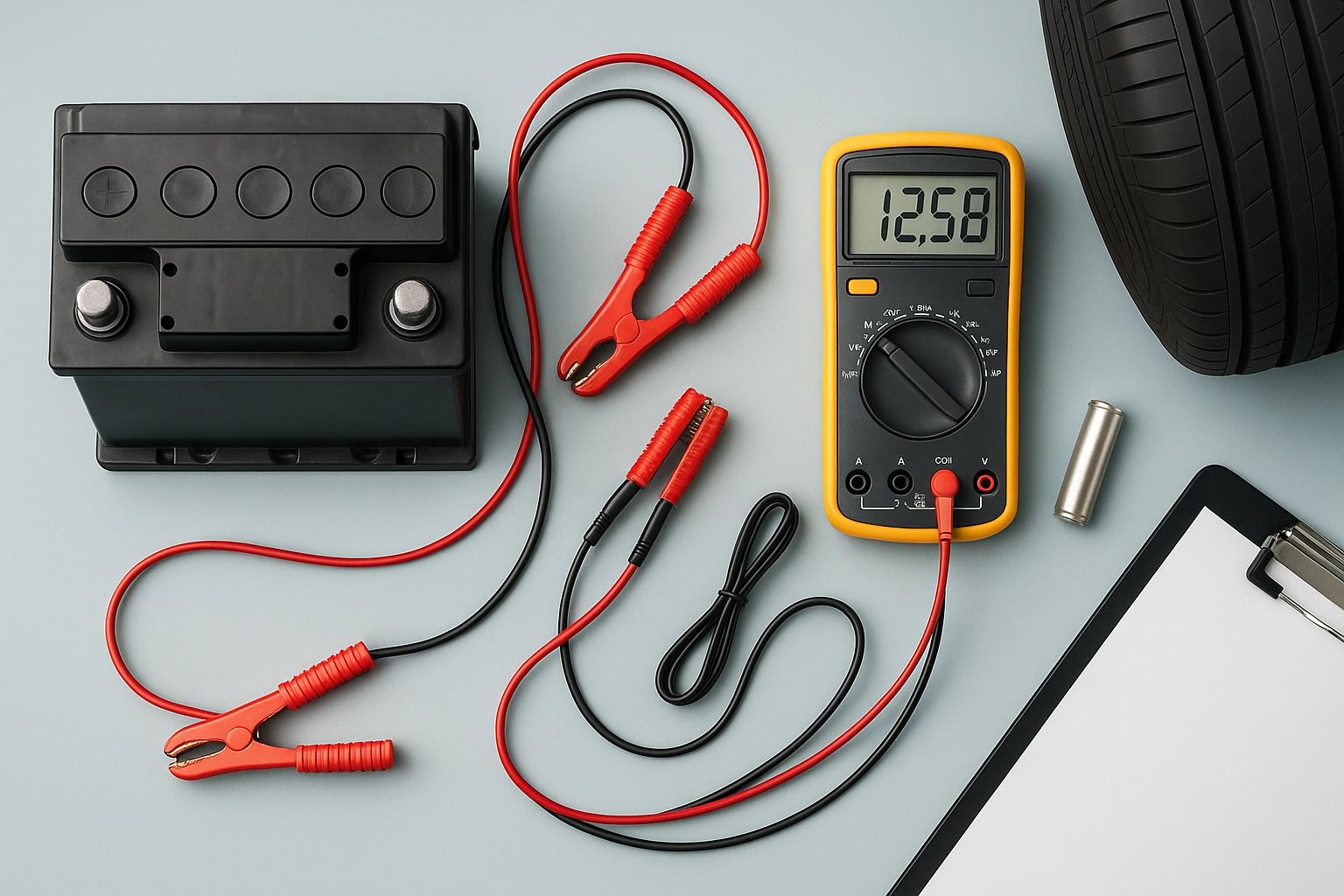ISO 12405 2 Hybrid Vehicle Battery Testing
The ISO 12405-2 standard is a comprehensive set of guidelines designed specifically for the testing and evaluation of hybrid vehicle batteries. This service ensures that manufacturers can meet stringent quality and safety requirements, which are crucial in the automotive sector.
Hybrid vehicles combine internal combustion engines with electric motors to improve fuel efficiency and reduce emissions. The battery plays a pivotal role in managing power distribution between these components. Therefore, thorough testing is essential to ensure reliability, performance, and safety.
The ISO 12405-2 standard covers various aspects of hybrid vehicle batteries, including electrical characteristics, thermal management, mechanical integrity, and operational conditions under different environmental stressors. This ensures that the batteries perform consistently across diverse driving scenarios.
At Eurolab, our team of experts uses state-of-the-art equipment to conduct these tests in controlled environments. Our testing protocols adhere strictly to ISO 12405-2 standards, ensuring accurate and reliable results. We also provide detailed reports that highlight any areas requiring improvement or further investigation.
In addition to compliance with international standards, our service offers valuable insights into the performance of hybrid vehicle batteries under real-world conditions. This helps manufacturers optimize their products for better efficiency and longevity.
Our testing facilities are equipped with cutting-edge instruments capable of simulating various operational scenarios, such as high and low temperatures, humidity, vibration, and voltage fluctuations. These tests simulate typical usage patterns, providing a more accurate assessment of battery performance than static measurements alone.
The comprehensive nature of ISO 12405-2 testing ensures that all potential issues are identified early in the development process, allowing for timely corrections. This proactive approach not only enhances product quality but also reduces costs associated with post-production modifications or recalls.
By leveraging this service, automotive companies can gain a competitive edge by producing more reliable and efficient hybrid vehicles. The insights gained from these tests contribute to continuous improvement in design and manufacturing processes.
Applied Standards
| Standard | Description |
|---|---|
| ISO 12405-2 | The international standard for the testing and evaluation of hybrid vehicle batteries. |
| ASTM G178 | American Society for Testing and Materials guideline for accelerated life testing of rechargeable batteries. |
| IEC 62391-2 | International Electrotechnical Commission standard for the determination of electrical performance of traction battery modules. |
Eurolab Advantages
Our commitment to excellence in automotive testing sets us apart from other labs. Eurolab's expertise and state-of-the-art facilities ensure that we deliver accurate, reliable results consistently.
We employ highly skilled professionals who stay updated with the latest developments in the field. Our team has extensive experience working on projects involving hybrid vehicle batteries, ensuring they understand both theoretical aspects and practical considerations.
Our collaborative approach allows us to work closely with clients throughout the testing process. From initial consultation through final report delivery, we maintain open lines of communication to ensure client satisfaction. This partnership fosters innovation and helps drive product development forward more efficiently.
We also offer tailored solutions based on individual customer needs. Whether you need help interpreting test results or require additional support during the testing phase, our dedicated team is here to assist every step of the way.
Environmental and Sustainability Contributions
Testing hybrid vehicle batteries aligns perfectly with global efforts towards reducing carbon emissions and promoting sustainable practices. By ensuring that these components meet rigorous standards, we contribute significantly to environmental protection.
The use of advanced technology in our testing procedures reduces waste generation while enhancing resource efficiency. Additionally, the insights gained from these tests enable manufacturers to design more environmentally friendly vehicles by optimizing battery usage patterns and reducing energy consumption.
Our service supports regulatory compliance which encourages responsible manufacturing practices that minimize environmental impact. Through this, we play a vital role in fostering a greener future within the automotive industry.





